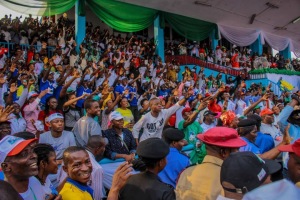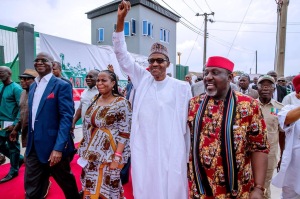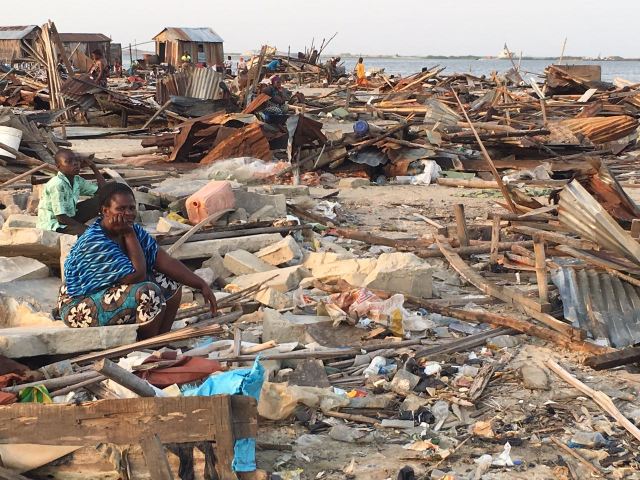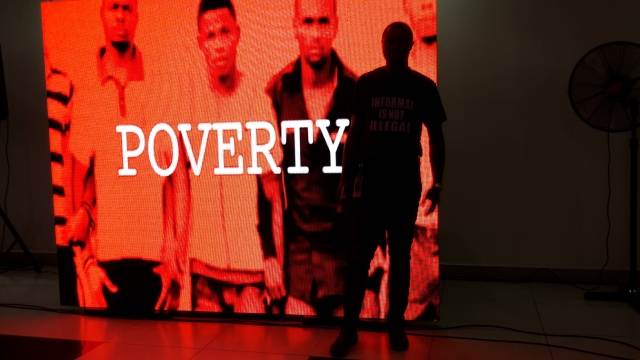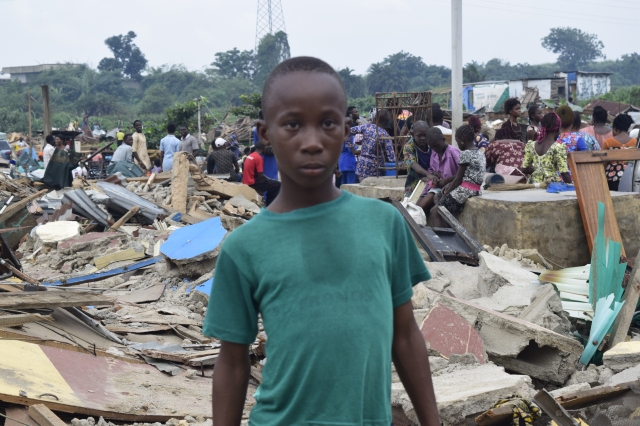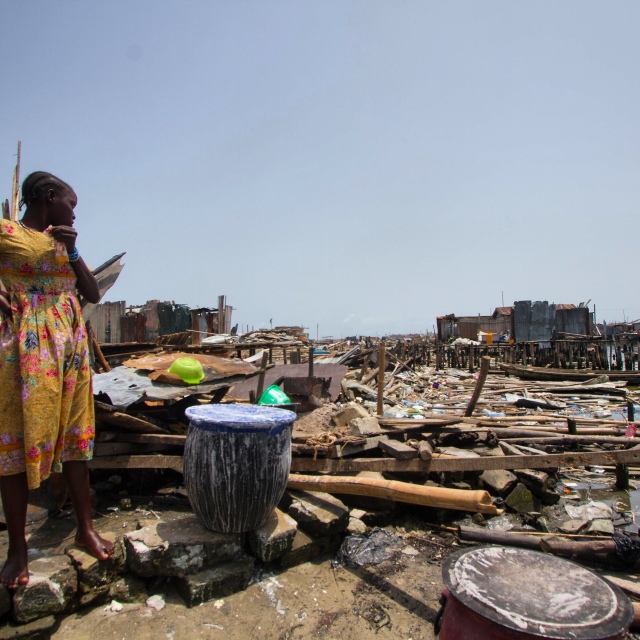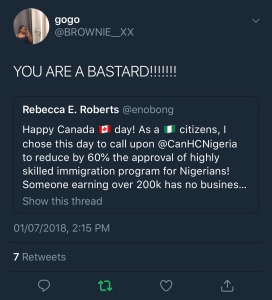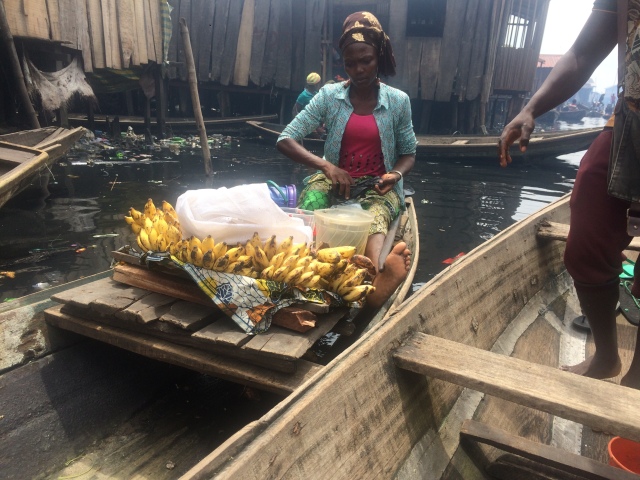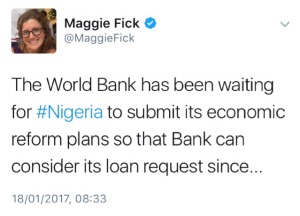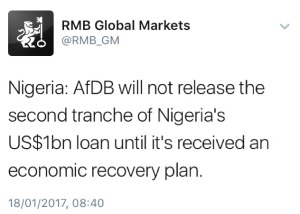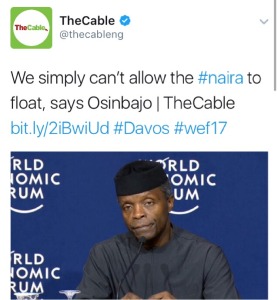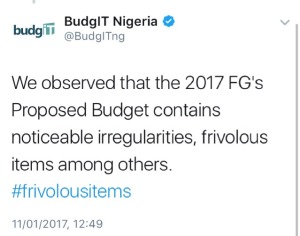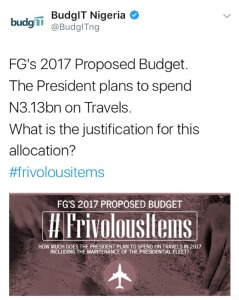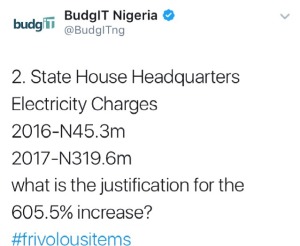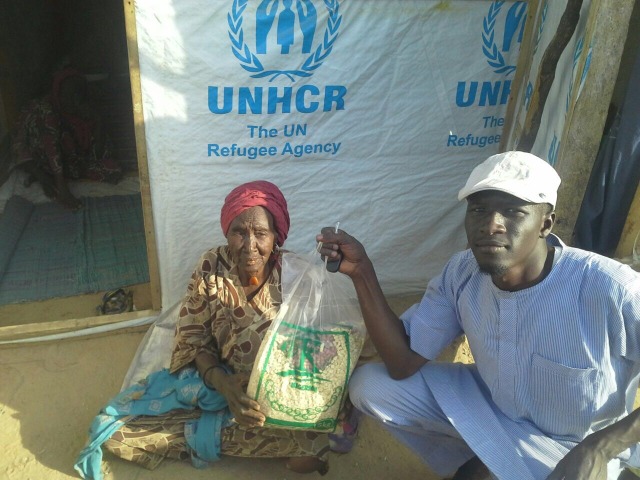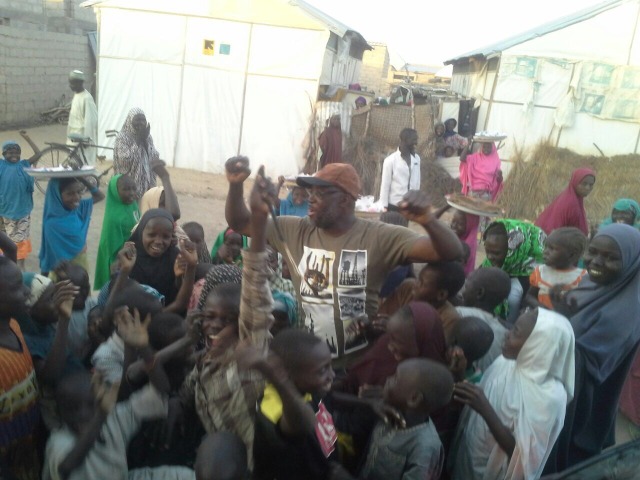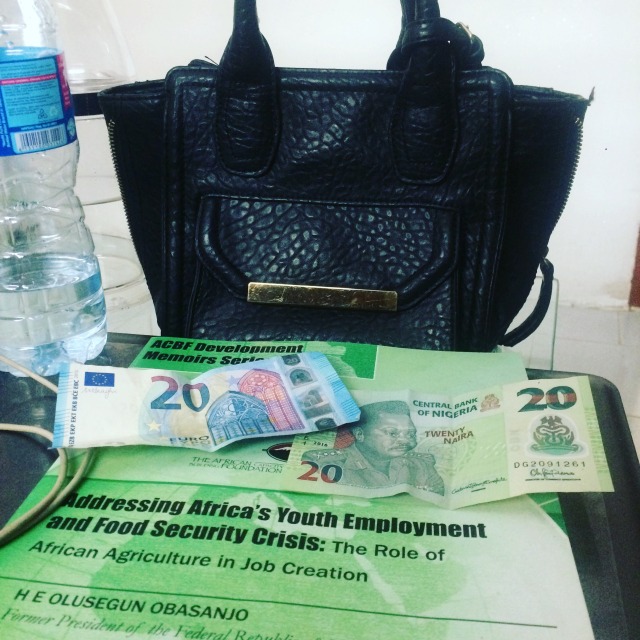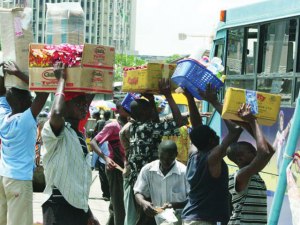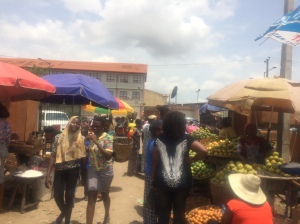The coronavirus which first broke out in Wuhan, China was officially announced as a global pandemic by the World Health Organization (WHO) in March 2020. The impact of this outbreak globally as of 1 of July 2020, suggests that there are 10.5 million infected with 5.3 million recovery and 511,000 deaths (Wikipedia, 2020). To mitigate and contain the virus, most countries enforced strict lockdowns measures with the exception of countries like Sweden and Belarus which adopted less restrictive measures. While countries like South Korea, Taiwan, Indonesia, and some states in the United State did not have any total shutdown enforced.
Presently, the Worldometer (2020) data suggests that there 25,694 cases, 590 deaths, and 9746 recovery cases of COVID-19 in Nigeria. Nigeria was once one of the countries that enforced total lockdown measures. Such measures exposed various vulnerable groups such as the homeless and urban IDPs to extreme vulnerabilities and danger. This demography often invisible dwellers of the city and as such have little to no access to basic goods and services. During the COVID-19 lockdown, this key population was excluded from any forms of aid and assistance by both the government and international aid agencies.
Below are five key points on how the COVID-19 pandemic and such exclusion impacted IDPs: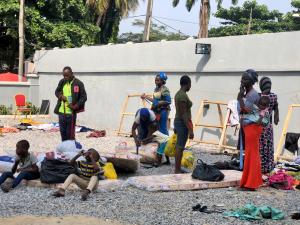
- The population assumption is that all IDPs are usually able to find shelter in slum communities, however, Roberts and Okanya (2020) find that this group of migrants often face various barriers in penetrating slums and informal settlements. Therefore, they end up living in unfinished, abandoned, and unsafe properties, sometimes, under the bridges and in other public areas. The enforced lockdown made this group who are otherwise invisible to become visible and susceptible to harassment and torture by law enforcement agencies. Human rights activist Femi Falana condemned such practices as it is in gross violation of human rights. The COVID-19 pandemic shows that even within the various vulnerable groups that exist in cities, such as the urban poor, the vulnerabilities of IDPs are much worse as they often face challenges such as the structural urban inequalities as well as ethnic, social and cultural barriers; making it harder for this group to cope in emergencies such as the COVID19 global pandemic and city lockdown.
- The majority of IDPs who migrate from north-eastern Nigeria to other cities are susceptible to such barriers mentioned above. My work with this key population in four Nigerian cities finds these barriers to be prominently existing. For example, IDP with limited understanding of English or the local dialect of their new habitation have limited understanding and that could inhibit access to social and healthcare in these times. What this means is that where there is an outbreak of the virus, IDPs may not be very aware or have access to accurate information if the local agencies responsible for disseminating such information are not aware of their presence or lack the capacity to be inclusive. In the case of the virus infection or any other medical needs, this population lacks the financial capacity to assess healthcare nor are there free health services readily available for them.
- Directly related to the above point, IDPs living as internal refugees in Nigerian cities were largely excluded from the relief palliative distributed by the Federal and state government due to their invisibility in the cities. Because this group often ends up living as homeless people or as squatters in unsafe shelters under bridges and abandoned properties, they are often afraid of an eviction and must remain invincible. Without a systemic structural support IDPs will continue to live in the shadows, thus, continue to be excluded from any financial and social support available during this pandemic for vulnerable groups.
- Roberts and Okanya (2020) suggest that while earning an income is possible, urban IDP refugees are daily income earners in informal economies such as small-scale entrepreneurs, street trading, or informal transportation. The lockdown put a huge strain on this group financially and saw many of them exhausting their business working capital and are now unable to recover from the loss of income during the lockdown. The financial vulnerabilities alongside exclusion from social support and lack of access to basic service may lead the majority of this population to become food insecurity and starvation, ultimately, leading to life-threatening conditions.
- Compounded, all these challenges lead to a significant decline in the quality of life of IDP migrants in cities. Conversely, the COVID-19 pandemic is leading to secondary displacement for internally displaced persons in Nigeria who are currently living as refugees in cities. The resulting effects are new forms of vulnerabilities for this already fragile community and such fragility could force many of this group to move again or return to IDP camps. It is critical to note that the return of self-resettled IDPs as a result of COVID-19 vulnerabilities back to humanitarian camps is a regression of progress for internal displacement duration and sustainable solutions.
One of the core lessons the COVID-19 pandemic seeks to teach us in Nigeria is the importance of reevaluating our understanding of IDPs beyond IDP camps and expanding to accommodate self-resettled IDPs who seek safety and opportunities to restart their lives in urban centers. It is also forcing us to look at new ways that the pandemic could become a major driver of displacement for already vulnerable groups. Beyond the gradual lifting of the lockdowns, how do we move forward in ensuring that the needs of IDPs are incorporated into the Federal, state, and local governance risk and vulnerabilities mitigation plans?
Globally, the pandemic has various economic, social, political, and physical issues that are trickling down from global borders to the smallest of communities. This has highlighted collective successes and painful failures of the government to respond to various groups across the world. Yet, the impact on IDPs remains largely silent and not yet prioritized in the grand scheme. The failure to do so will lead to the abrasion of resilience, subverts sustainable development, and inclusivity of persons, communities, and cities. It is critical to note that whatever mitigation strategies are adopted for COVID-19 and for future crises, it should always seek to extensively examine who could be left behind.


